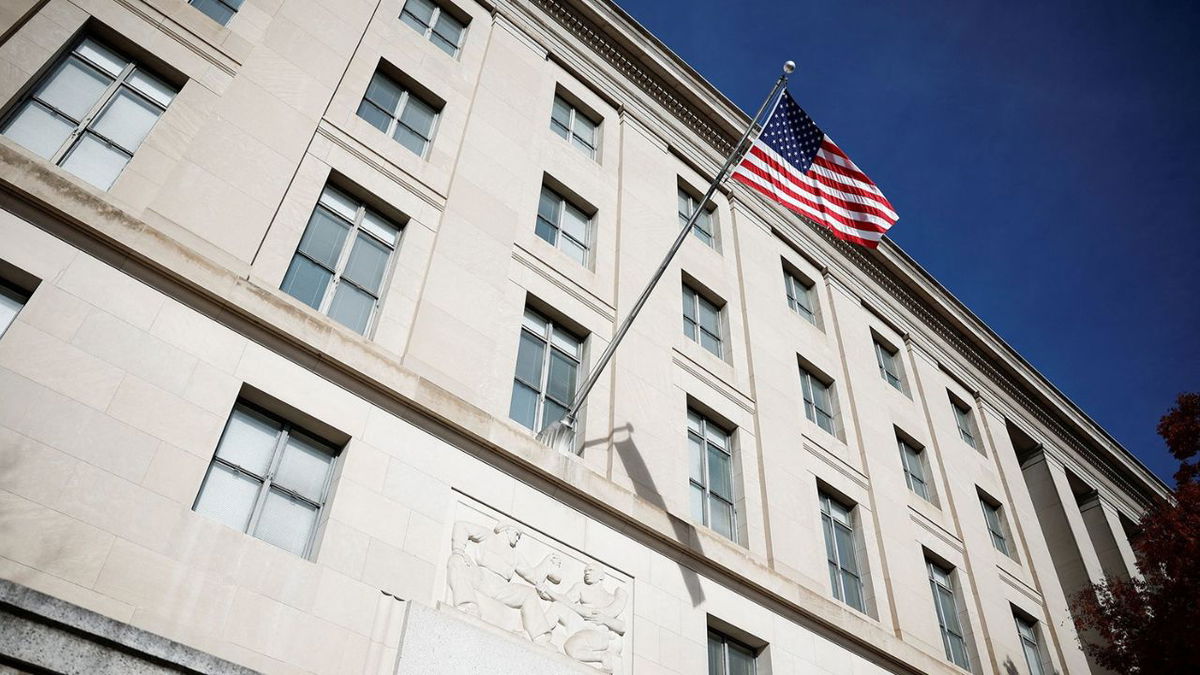FTC finds middlemen inflate specialty generic drug prices by billions of dollars

By Tami Luhby, CNN
(CNN) — Pharmacy benefit managers, which serve as the middlemen between drug makers, insurers and pharmacies, reaped $7.3 billion in revenue from marking up the prices of dozens of specialty generic drugs between 2017 and 2022, the Federal Trade Commission said in an interim report issued Tuesday. The practice came at a time when spending on drugs by patients, employers, insurers and others rose significantly.
The nation’s three largest PBMs – CVS Health’s Caremark, Cigna’s Express Scripts and UnitedHealth Group’s Optum Rx – inflated the prices of drugs dispensed at their affiliated pharmacies by hundreds or even thousands of percent, the agency found. The medications include those used to treat heart disease, cancer and HIV, among other conditions.
The PBMs, which are tasked with reducing the cost of drugs for their clients, reimbursed their affiliated pharmacies at a higher rate than unaffiliated pharmacies on nearly every one of the 51 specialty general drugs the agency reviewed.
“Plan sponsors in particular should be aware that they and their members are paying the Big 3 PBMs and their affiliated pharmacies very significant markups over the acquisition costs for critical medications,” the report said.
The FTC’s investigation into PBM practices began in 2022. Last summer, the agency released a scathing interim report on the industry. It detailed how increasing concentration enabled the three largest players to process nearly 80% of the roughly 6.6 billion total prescriptions filled in 2023 in the US – and to reap big profits.
Following that report, the agency sued Caremark, Express Scripts and Optum Rx, accusing the companies of artificially inflating insulin list prices that resulted in patients paying more for the medications.
The companies took issue with the agency’s latest findings, contending that their practices reduce drug costs.
“Optum is lowering the cost of specialty medications, which comprises half of all drug expenditures, and providing clinical expertise, programs and support for patients with complex and rare conditions,” the company, which is still reviewing the report, said in a statement. “In 2024, we helped eligible patients save $1.3 billion and the median out-of-pocket payment for these patients was $5.”
Caremark said the agency “cherry-picked specialty generic outliers,” adding it is “inappropriate and misleading to draw broad conclusions” from the data. The company also notes that specialty generic products accounted for less than 1.5% of its clients’ total drug spending between 2017 and 2022.
“Also, the FTC buries in footnote 39 its acknowledgement that the interim analysis completely ignores the cost-saving guarantees we provide our clients across all drug categories to reduce their drug costs,” Caremark said in a statement.
Express Scripts also called the report “misleading.”
“Nothing in the FTC’s report addresses the underlying cause of increasing drug prices, or helps employers, unions, and municipalities keep prescription benefits affordable for their members,” the company said in a statement.
Drawing scrutiny from Congress
PBMs negotiate rebates from drug manufacturers, pay pharmacies, and determine which medications are covered in plans sponsored by insurers, employers and governments. But the companies have raised the ire of Congress and others with their opaque practices.
Lawmakers came close late last year to passing legislation that would have injected more transparency into the industry and changed some of its practices, including requiring PBMs to provide more information on the rebates they retain and to pass along all rebates to health plan sponsors in the commercial insurance market.
But the measures did not make the final version of the federal government spending bill.
Efforts to overhaul the PBM industry will likely continue under the incoming Trump administration, though President-elect Donald Trump has named a replacement for the FTC’s current leader, Lina Kahn. Trump blasted the PBM industry at a news conference in December, after saying that Americans pay too much for drugs.
“We have a thing called the middleman. You know the middleman, right?” Trump said. “The horrible middleman that makes more money frankly than the drug companies, and they don’t do anything except they’re a middleman. We’re going to knock out the middleman.”
The-CNN-Wire
™ & © 2025 Cable News Network, Inc., a Warner Bros. Discovery Company. All rights reserved.